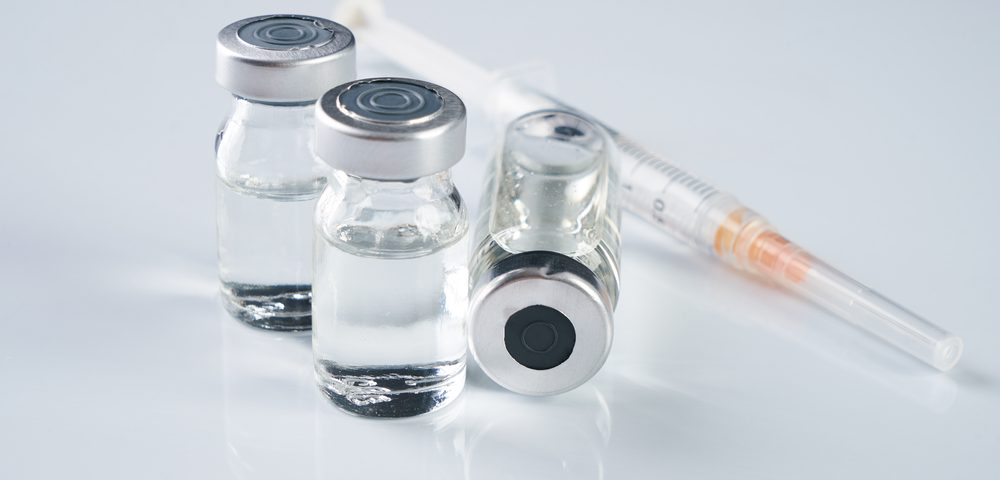Anixa Biosciences, a leading company developing anti-cancer immunotherapies, is partnering with the Cleveland Clinic to advance a vaccine against triple-negative breast cancer (TNBC) to testing in humans.
“We are pleased to be able to work with Anixa to advance this technology into human trials,” Cleveland Clinic researcher Vincent Tuohy, PhD, said in a press release. “The field of cancer therapy has focused on treating patients after they have contracted cancer. If we could vaccinate patients and never allow the cancer to develop, the impact would be immense for patients and our healthcare system.”
As people age, certain tissue-specific proteins are no longer needed and stop being produced, i.e., become “retired.” However, these proteins might reappear in tumors, and at even higher levels.
Alpha-lactalbumin is one example of a “retired” protein, since its expression is confined to the breast and appears for a limited period of time, during late pregnancy and lactation. The protein is found at high levels in human milk and plays a key role in milk production. However, it is also found at high levels in most cases of TNBC, the most aggressive and lethal form of breast cancer.
Tuohy and his team hypothesized that a vaccine targeting the alpha-lactalbumin could help prevent breast cancer. In fact, in mouse models of breast cancer, a single shot of the vaccine completely prevented breast cancer from developing.
Since alpha-lactalbumin is a natural, tissue-specific protein, the investigators were concerned about an autoimmune reaction after injection of the vaccine. However, the vaccine protected against breast cancer in non-lactating mice without any detectable autoimmune-induced breast inflammation.
Additionally, the vaccine also stopped tumor growth, when given to mice with full-grown tumors. This makes it an appealing preventive vaccine, even in cases where women are unaware of tumors growing in their breast.
“Over the last decade we have gained significant understanding about the immune system to contemplate developing cancer vaccines like this,” said Tuohy.
Tuohy and the Cleveland Clinic were awarded $6.2 million from the U.S. Department of Defense (DOD) in November 2017 to complete testing the vaccine in mice and initiate human trials.
“Dr. Tuohy has been working on this technology and pioneering the concept of prevention for over a decade, and has demonstrated the ability to eliminate breast cancer completely in animal studies,” said Amit Kumar, president and CEO of Anixa.
“We are now ready to work with him and the U.S. DOD to evaluate if similar results are seen in humans. Imagine a world where we would immunize women against breast cancer, similar to the way we have immunized humanity against polio, small pox and other infectious diseases,” Kumar added.
“We are looking forward to taking this technology into human testing in the next several months,” he said.

